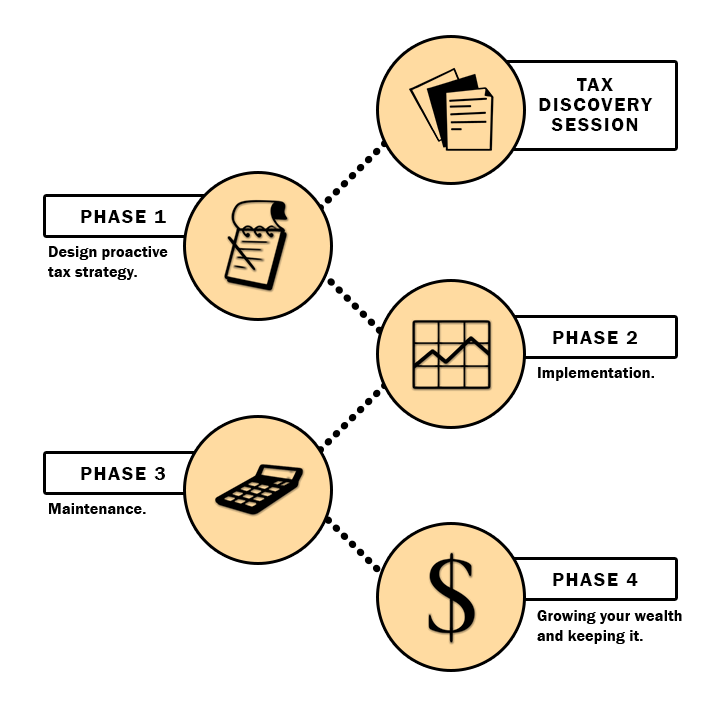
Tax Planning Works
Tax planning involves the strategic management of financial affairs to minimize tax liabilities while remaining compliant with tax laws.
Here’s an overview of how tax planning works:
1. Understanding Tax Laws:
Tax planning starts with a thorough understanding of the tax laws and regulations in your jurisdiction. This includes knowledge of income tax, capital gains tax, corporate tax, deductions, exemptions, credits, and other relevant tax provisions.
2. Assessing Financial Situation:
Next, you evaluate your financial situation, including income, investments, assets, expenses, and liabilities. This assessment helps identify potential areas for tax optimization and planning.
3. Identifying Tax Saving Opportunities:
Based on your financial assessment, you identify tax-saving opportunities. This may include taking advantage of tax deductions, exemptions, credits, incentives, and other tax-saving provisions available to you under the law.
4. Timing of Income and Expenses:
Tax planning also involves strategically timing your income and expenses. This could involve deferring income to a future year or accelerating expenses to the current year to optimize your tax position.
5. Investment Strategies:
Tax planning may also involve considering tax-efficient investment strategies. This includes investing in tax-advantaged accounts, such as retirement plans or tax-free bonds, and structuring investments to minimize taxable gains or maximize tax deductions.
6. Structuring Business Activities:
For businesses, tax planning may involve structuring business activities in a tax-efficient manner. This could include choosing the right business entity, utilizing available tax incentives, and optimizing the timing of business transactions.
7. Compliance and Documentation:
Tax planning requires proper compliance with tax laws. This includes accurately reporting income, maintaining proper documentation of expenses and deductions, and filing tax returns on time.
8. Regular Review and Adaptation:
Tax laws and regulations can change over time, so it’s important to regularly review and adapt your tax planning strategies. Staying updated with tax law changes and seeking professional advice can help ensure ongoing tax optimization.
It’s worth noting that tax planning should always be done in accordance with the law and with the guidance of a qualified tax professional. The goal of tax planning is to optimize your tax position within the boundaries of the tax laws while maintaining compliance and integrity.
For more information visit this site: https://www.incometax.gov.in
FAQs
1. What is tax planning?
Related Topics
What is the penalty and due date of tax audit report for Manpower & Employment Agencies?
В What is the threshold limit and due date of tax audit report for Manpower & Employment Agencies?
For further details Visit:https://vibrantfinserv.com/service-detail-12.php
Contact:В В В В 8130555124, 8130045124
Whatsapp:В В https://wa.me/918130555124
Mail ID:В В В В В В operations@vibrantfinserv.com
Web Link:В В В https://vibrantfinserv.com
FB Link:В В В В В В https://fb.me/vibrantfinserv
Insta Link:В В https://www.instagram.com/vibrantfinserv2/
Twitter:В В В В В В https://twitter.com/VibrantFinserv
Linkedin:В В В https://www.linkedin.com/in/vibrant-finserv-62566a259/
